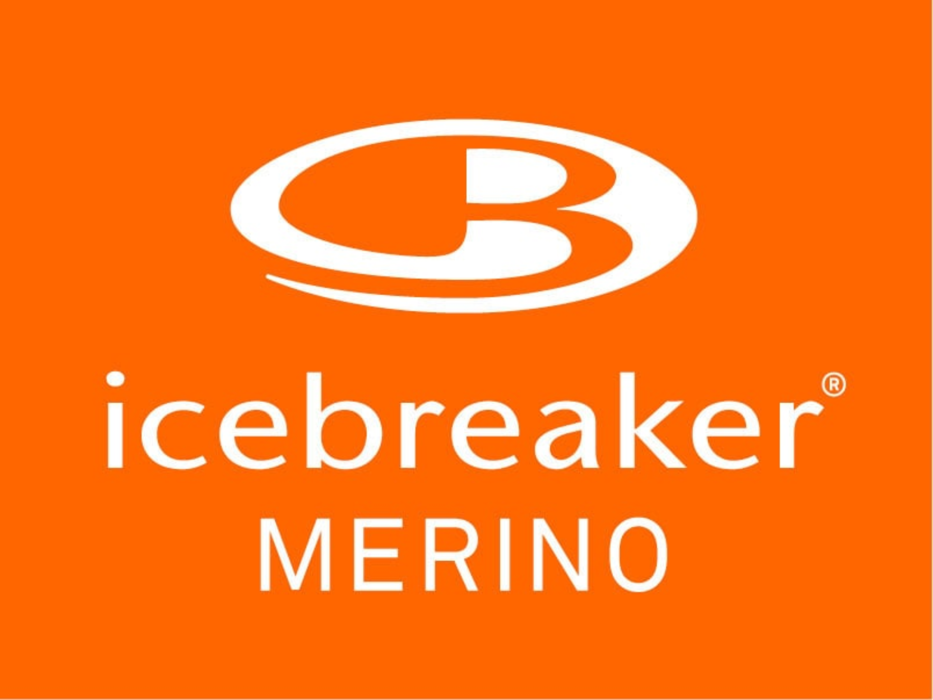Yesterday’s feature looked at new and coming enhancements to Salesforce Commerce Cloud, one of seven clouds which make up what the company is currently calling the Intelligent Customer Success Platform.
Salesforce added commerce to its portfolio through the 2016 acquisition of Demandware, a 12-year old software-for-retailers solution with its roots in eCommerce web and mobile hosting. Commerce Cloud, as launched, seems essentially to have been Demandware under a new banner, drawing many Demandware customers with it. I sat down at XChange this week with one of those customers.
Staying close to nature
Icebreaker has been working with growers of Merino wool in New Zealand for more than twenty years. It sells the resulting garments — from outdoor and sportswear to t-shirts and underwear — in stores around the world, and of course online.
Adam Snyder is Icebreaker’s global head of eCom platform. Based in Portland, Oregon, he’s responsible for six websites globally. The bulk of his team (“It’s fairly small, which makes us nimble”) is in Portland, but there are site co-ordinators in the territories too. Snyder’s description of Icebreaker’s mission puts it squarely in the customer experience space.
“(Icebreaker) inspires and creates adventures in nature,” he says, placing an emphasis on generational relationships with growers, reflected in evolving relationships with customers. “The finest Merino in the world; the finest products. We tell that story: That’s where the Commerce Cloud comes in.” One place they tell the story is Southern Chronicles, a blog featuring personal stories from a New Zealand perspective (“the southernmost corner of the globe”). Icebreaker’s digital presence, says Snyder, “gives the best sense of who we are, where we stand. We learn how the story can best be told by how our customers engage with the journey on our websites.”
Life with Einstein
Icebreaker had been a Demandware customer since at least 2013 (“possibly earlier,” says Snyder). That relationship provided a basis for managing the brand’s web presence. In an attempt to improve the user experience, Icebreaker turned to a third-party customer data intelligence vendor. The experience proved expensive and too slow: “Once a day is a million years now,” says Snyder, and the insights the vendor was providing were not specific to individual customers.
In comparison, Commerce Cloud (with Einstein enabled) generates instant predictive recommendations — both on product pages and for emails. Icebreaker also leverages eCommerce Insights to understand how customers engage with and purchase multiple products: “That will inform coming product sets.”
Says Snyder, “There’s not a lot of legwork.” At the same time, it’s not all hands-off. “What I’ve enjoyed about it,” he says, “is that I can reconfigure the rules, set boundaries and strategies.” As machine learning, Einstein, by definition, improves its own algorithms. Although Snyder agrees that he’s learning to “trust the engine,” he still likes the ability to make adjustments: “It’s Apple-esque in its user friendliness.”
That doesn’t mean there isn’t a learning curve. In terms of setting up web pages and categories, and co-ordinating a site, a new user can be effective in a matter of weeks. Developing deep expertise in configuring and customizing Commerce Cloud can take longer. But the transition from Demandware to Commerce Cloud was painless: “I’m pleased with what’s happened thus far.”
Deeper into the cloud?
One of the first comments Snyder made when we spoke was that Commerce Cloud is the sole Salesforce offering currently in use at Icebreaker. It’s a pure case of a Demandware customer becoming a Salesforce customer only because of last year’s acquisition.
But in keynote after keynote, Salesforce executives — Demandware veterans like Barnett and Goyal; Salesforce head of product Alex Dayon — hammered home the point that Commerce is just one component of customer success. There’s the Marketing Cloud, there’s Service Cloud, there’s…well, currently there are seven clouds on the platform. The pitch is obvious: Commerce covers only one part of that long, complex, increasingly nuanced customer journey.
Its dominance in CRM gave Salesforce an opportunity to sell the Marketing Cloud to an existing, committed customer base. The acquisition of Demandware clearly gives Salesforce — if not a captive, at least a receptive audience to its non-Commerce solutions.
“We’ll be working through each specific offering,” says Snyder. “Commerce is just a starting point for now.” It’s a question of “how far we have to go to see we’re doing the best we can for our customers.
Salesforce covered DMN’s expenses to attend XChange 2017







